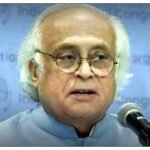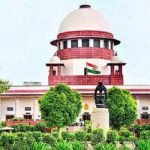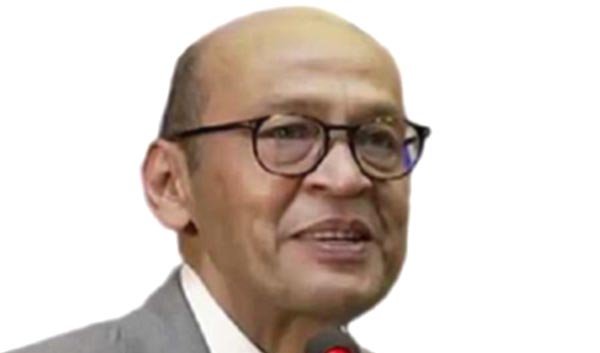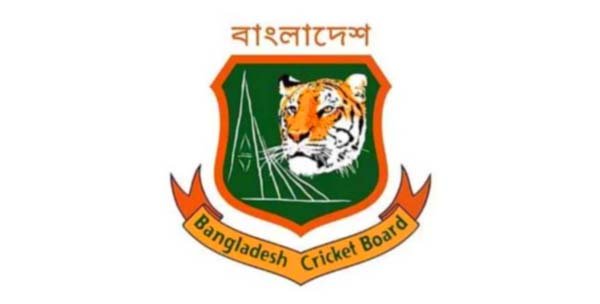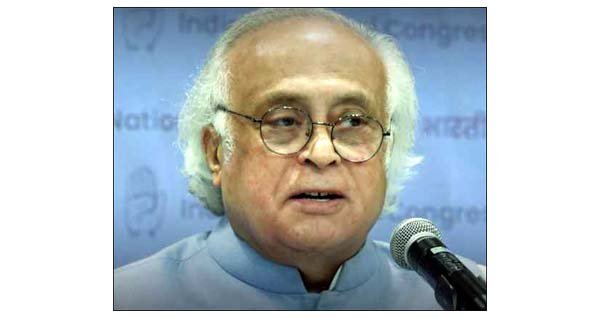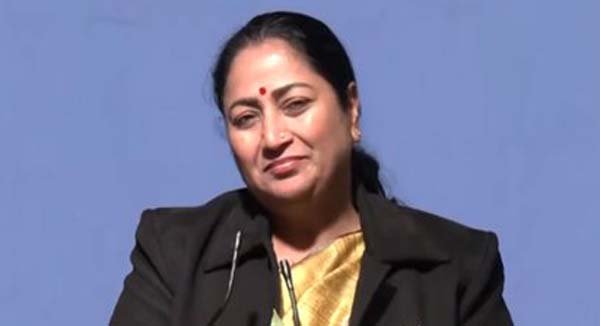New Delhi, Jul 30 (UNI) The Supreme Court today reserved its verdict on Justice Yashwant Varma’s plea challenging the in-house inquiry report and the removal recommendation made by former CJI Sanjiv Khanna, even as Members of Parliament in both Lok Sabha and Rajya Sabha formally initiated the impeachment process against the Allahabad High Court judge.
The Allahabad High Court Judge Justice Yashwant Varma, has challenged the in-house inquiry report indicting him in the infamous cash-at-residence controversy, as well as the recommendation by the then Chief Justice of India (CJI) Sanjiv Khanna to the President and Prime Minister seeking his removal.
A bench of Justice Dipankar Datta and Justice AG Masih, after a detailed hearing, reserved the matter for judgment. The Court also took up a separate petition filed by Advocate Mathews J Nedumpara seeking the registration of an FIR against Justice Varma in connection with the incident.
At the outset, Senior Advocate Kapil Sibal, appearing for Justice Varma, presented the core of the constitutional challenge. He contended that the Judges (Inquiry) Act, 1968 fully governs the procedure for the removal of a judge, and that the in-house inquiry mechanism, being an administrative process, could not trigger or influence impeachment proceedings under Article 124 of the Constitution.
Sibal argued that the recommendation of the CJI for removal, if based solely on such a report, would carry undue weight in Parliament due to the high constitutional position of the CJI, thereby compromising the independence of the legislature’s decision-making process.
Justice Datta, however, countered that the in-house mechanism had legal grounding in Supreme Court precedents such as K. Veeraswami and Ravichandran Iyer, and that it was recognized as valid law under Article 141.
He clarified that the clause “otherwise” in Section 3(2) of the Judges Protection Act allowed for in-house proceedings and administrative steps such as withdrawal of judicial work from a judge.
“The Chief Justice of India is not just a post office. He has responsibilities as the leader of the judiciary. If he receives credible information regarding misconduct, he must act and inform the President and Prime Minister,” Justice Datta remarked.
The Bench repeatedly asked why Justice Varma had not challenged the in-house procedure earlier. Justice Datta pointedly said:“Your conduct does not inspire confidence. You participated in the inquiry and approached the Court only after the findings went against you.”
The Court agreed with Sibal’s concern regarding the leak of video footage showing bundles of burning cash during the March 14 fire incident at Justice Varma’s Delhi residence.
“We are with you on this. It should not have been leaked,” Justice Datta said, though he added, “But what turns on it?”
Sibal maintained that such footage being uploaded on the Supreme Court’s website lent it undue credibility, leading to political commentary and a media narrative that prejudiced his client’s position.
Justice Datta noted that Justice Varma never sought judicial redress over the leak or asked for the videos to be removed from public domain.
The Court emphasized that the in-house report was merely a preliminary fact-finding exercise, not equivalent to a full-fledged inquiry under the Judges (Inquiry) Act.
The recommendation of the CJI to the President, the Court said, was advisory in nature.
“The CJI’s report can lead to withdrawal of judicial work, but Parliament is not bound to act on it. It is only an advice. Someone advising and someone initiating removal are two different things,” Justice Datta explained.
Sibal stressed that since the in-house process lacked cross-examination, codified rules of evidence, and procedural safeguards, it could not form the basis of initiating impeachment proceedings.
Justice Varma is under scrutiny following a fire on March 14 at his official residence in Delhi, during which firefighters allegedly discovered a large stash of currency notes. A video of cash burning was circulated, creating a public uproar.
Following this, CJI Khanna formed a three-judge in-house inquiry panel comprising Chief Justices Sheel Nagu (Punjab & Haryana), G.S. Sandhawalia (Himachal Pradesh), and Justice Anu Sivaraman (Karnataka).
The committee examined 55 witnesses, including Justice Varma and his daughter, and evaluated digital evidence.
The panel concluded that Justice Varma and his family had control over the location where cash was found. Since no satisfactory explanation was given beyond blanket denials and claims of conspiracy, the committee recommended action. Judicial work was withdrawn, and Justice Varma was repatriated to the Allahabad High Court.
CJI Khanna forwarded the report to the President and Prime Minister in May after Justice Varma refused to resign.
Advocate Mathews J Nedumpara, in a separate petition, sought registration of an FIR against Justice Varma. The Court, however, questioned him on how he accessed the confidential report and directed him to file an affidavit disclosing his source.
The Bench noted that Nedumpara had not even approached the police before moving the writ petition.
“You can’t come straight to us without filing a complaint before the police. If police don’t act, you can approach the Magistrate. But you haven’t done any of this,” Justice Datta told him.
Meanwhile, Senior Advocates Mukul Rohatgi and Rakesh Dwivedi were also present to argue for Justice Varma, but the Bench declined to hear more than one senior counsel per party.
Justice Datta reiterated that the petitioner’s grievance stemmed from a process that was only a preliminary inquiry. Since no official action of removal had yet taken place, the petition was premature in challenging the CJI’s recommendation.
“The in-house process is not a removal. Parliament is not bound by it. And when the report is not even treated as evidence, how can the petitioner be aggrieved?” the Bench asked.
After completing the hearings from both sides, the Bench reserved its judgment on the matter.
Last week, Members of Parliament in both the Houses initiated circulation of an impeachment notice against Justice Varma with the requisite signatures, following the in-House report and the controversy.
Today the Members of Parliament in both Lok Sabha and Rajya Sabha formally initiated the impeachment process against the Allahabad High Court judge.


